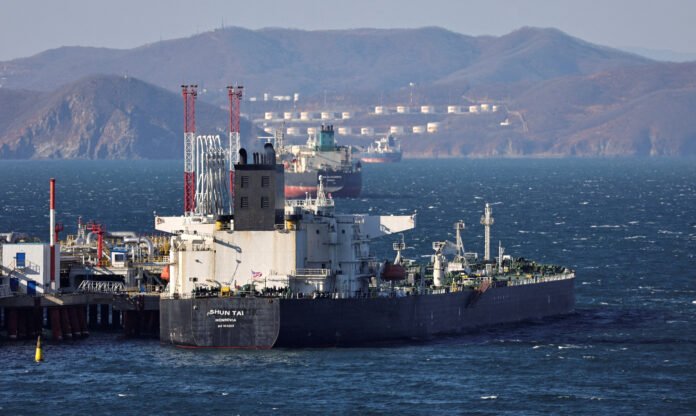The ongoing debate over the G-7 Russia Oil Price Cap intensified as the United States firmly opposed reducing the cap. This disagreement dampens European hopes for a unified decision at the upcoming G-7 summit in Canada. Despite talks, the U.S. remains steadfast in its position, slowing efforts to lower the cap from $60 to $45 per barrel.
European countries and the United Kingdom argue that lowering the cap could further limit Russia’s oil revenue. They believe this step would pressure Russia amid its ongoing war in Ukraine. The European Union included the lower price cap in its latest sanctions package targeting Moscow. However, the United States has shown no indication it will back this move.
As a result, some officials believe the EU and UK might pursue the cap reduction without U.S. support. Yet many G-7 members prefer a coordinated approach. They worry that acting alone could reduce the cap’s effectiveness, especially since the U.S. plays a key role in enforcing sanctions.
Oil markets reacted sharply in recent days. Following strikes by Israel against Iran, West Texas Intermediate crude prices surged over 7%, settling near $73 per barrel. This price hike complicates the discussion even further. The spike pushes oil prices well above the current cap and could undermine any efforts to impose a lower limit.
Most of Russia’s oil exports move near European waters. That gives Europe some leverage to enforce sanctions independently. Still, a G-7-wide agreement would carry more weight. The U.S. enforcement mechanisms remain critical for the cap’s success.
For now, the G-7 Russia Oil Price Cap issue remains unresolved. The U.S. continues to resist any reduction. Meanwhile, Europe pushes for deeper restrictions to tighten the pressure on Moscow. Both sides recognize the cap’s impact on global oil markets and political dynamics.
In conclusion, the G-7 Russia Oil Price Cap discussion highlights tensions within the alliance. It also reflects the challenges of balancing economic sanctions with volatile energy prices. The upcoming summit will be a key moment for determining the future of this important measure.
For more business updates, visit DC Brief.


